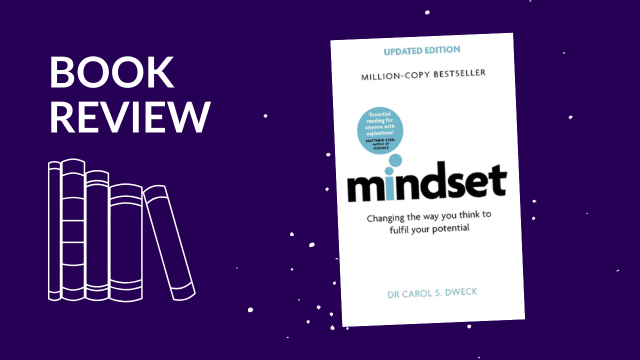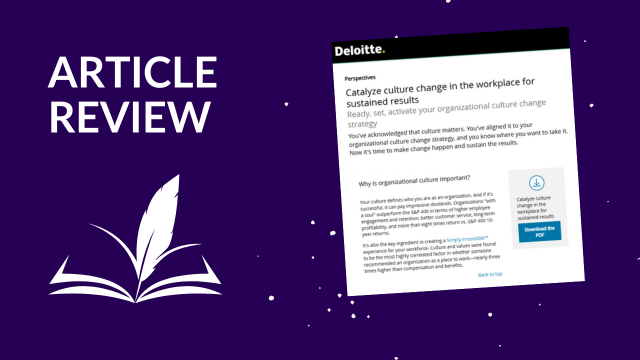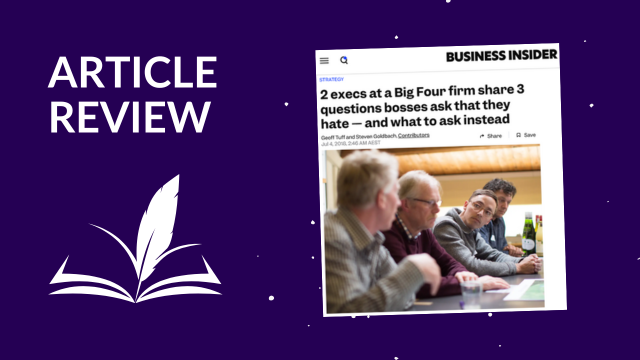You may or may not have a millennial boss. But, as a change practitioner, it is likely that you are working with millennial sponsors. In either case, What Everyone Needs to Understand About Millennial Bosses by Leigh Buchanan is a must read; it provides insights that can affect both how you work with them directly and how you adapt your change management counsel to fit their style.
The article, based on a survey conducted by Inc. and Fast Company, validates some of what you most likely already know about the millennial workforce; it also provides some myth-busting findings. The survey looked at “how they manage, what they value, and how they plan to shape the future of business. The top priorities they cited are humanist: creating positive work cultures, forging strong relationships (in person, not through apps), and caring for the whole person, not just the worker. And, unlike some Boomers and Gen-Xers, they’re optimistic about those who will replace them.”
What drives the millennial business founder? More than 50% believe that the best way to make a difference in the world is through their entrepreneurship. 20% support employee, and personal, volunteerism.
While millennials are often recognized as the first globally connected generation, their preferred communication style in the workplace is not technology based. While 22% cited their preference for email, phone, or other digital media, 55% prefer small group conversations. The remainder (23%) favor company-wide meetings. A Vice President of a farm equipment dealer in the Midwest is quoted as saying, “You walk up to them and let them know what’s going on or what you expect. People don’t like meetings, and nobody takes emails seriously.” In my experience, this is a refreshing perspective to encounter!
The article also addresses managing up, “fixing their elders’ mistakes,” and talking politics in the workplace. Given the importance of effective communications in change management, there is one final reason to see this article. It is a great example of what effective communications to millennials look like!







